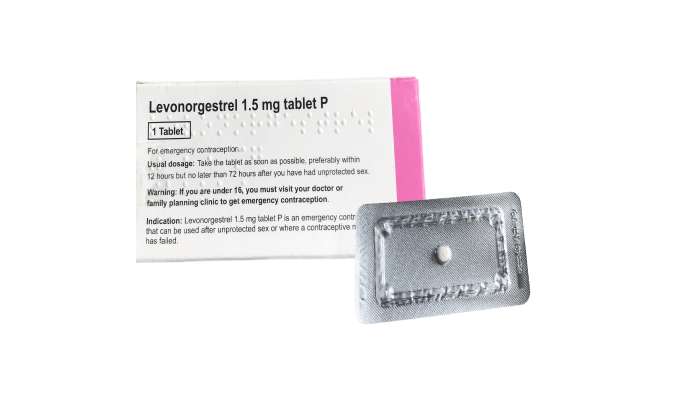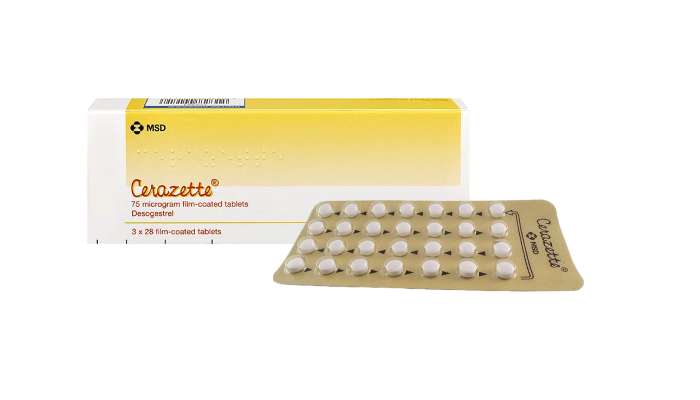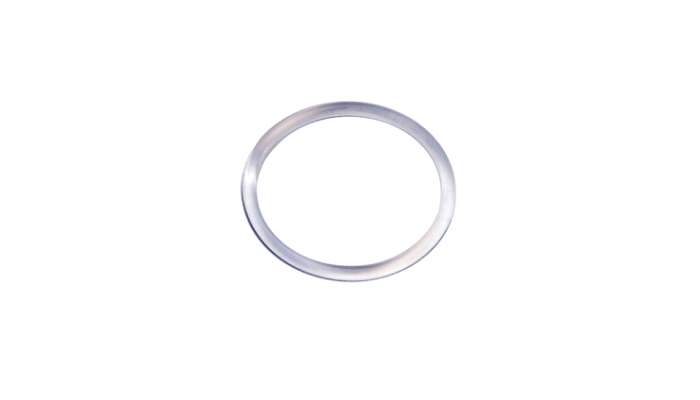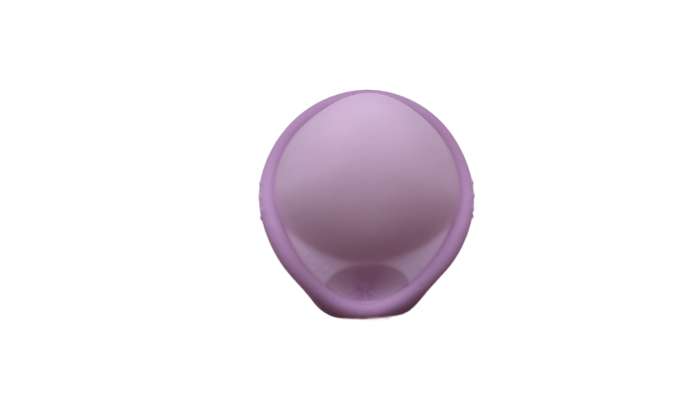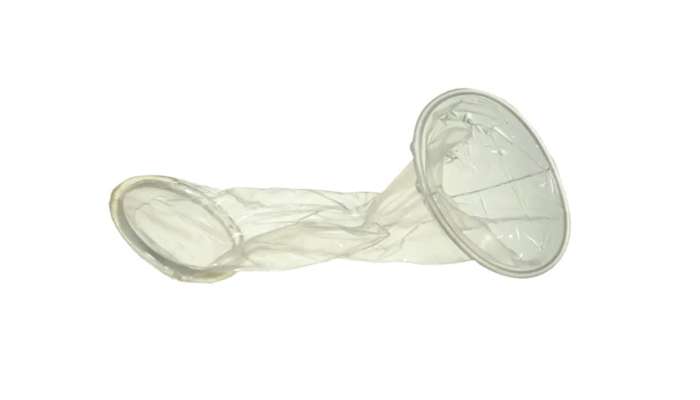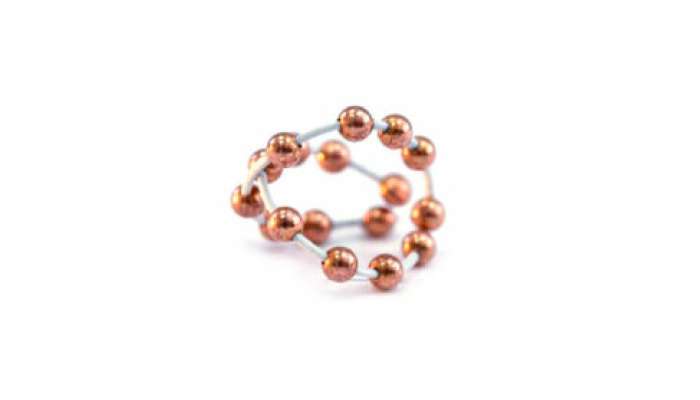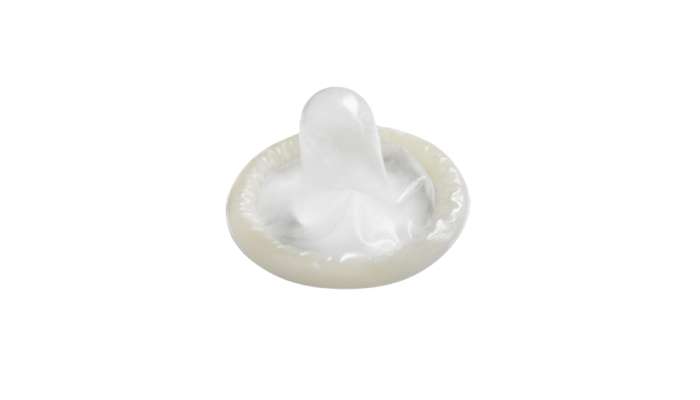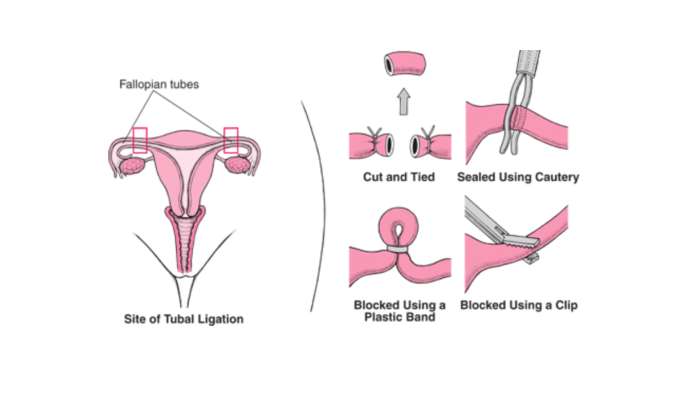Get the lowdown on contraception
Contraception helps to prevent pregnancy. Get the lowdown on where to get it and what could be the best contraceptive method for you.
What is contraception?
Contraception, aka birth control, is used to deliberately prevent pregnancy before it occurs, although it can have other handy uses like managing painful periods. Result!
There are lots of different types of contraception, and different methods can vary in how they work, how effective they are at preventing pregnancy, the type and amount of hormones used (or have no hormones at all), how frequently you use it and how it is administered to your body.
Some contraceptive methods need to be taken daily or used every time you have sex, whereas other methods of long-acting reversible contraception (LARCs) can be left alone until they need renewing. There are also methods that are permanent.
Emergency contraception is for time-sensitive, emergency situations as a back up when you have not been adequately protected from pregnancy.
What are the different forms of contraception?
Contraception can be sorted into hormonal and non-hormonal methods. There is also emergency contraception, and permanent methods of contraception for people who decide they do not want to have children in the future. Each form of contraception has its own pros and cons, and some may be preferred by different people.
For example, someone wanting to manage heavy periods or acne may choose a hormonal contraceptive that has been shown to improve these symptoms. Others may be limited in their options due to medical conditions or lifestyle factors that mean they can’t use some forms of contraception.
Get contraception advice at The Lowdown
Feeling stuck when it comes to contraception? Our friendly team of women's health doctors are here to help get you on the right track. Whether you've tried too many methods to count or just can't decide which to start with, our GPs offer contraception advice that's second to none. Book a 1-2-1 contraception advice session with The Lowdown team to chat, vent and find your match.
Hormonal contraception
Hormonal contraception uses synthetic forms of naturally occurring hormones that work in various ways to prevent pregnancy. These hormones prevent ovulation (the release of an egg from the ovary that can be fertilised by a sperm), thicken cervical fluid to prevent sperm from entering the uterus, and make sure the lining of the uterus stays too thin for a fertilised egg to implant into. It’s all very science-y, but we’ve summed it up nicely in a blog about synthetic progestins.

Tell me more
Non-hormonal contraception

Non-hormonal contraception comes in many forms. Barrier methods such as condoms (male and female) and the cap or diaphragm work by literally creating a physical barrier between the egg and sperm that sperm cannot pass through. Caps or diaphragms are inserted into the vagina before sex. Unlike condoms, diaphragms are reusable, but will need to be used with spermicide.
Non-hormonal LARCs also exist in the form of the copper coil (IUD) and the IUB Ballerine, which are small devices inserted into the womb that release tiny amounts of copper to immobilise any sperm and stop the sperm and egg from meeting. The IUB isn’t currently available in the UK, but watch this space for updates!
Tell me more
Emergency contraception
Emergency contraception is for use in time-sensitive situations after you have unprotected sex and do not want to get pregnant. This includes the morning after pill - of which there are two types - or the copper coil (IUD). A certain type of emergency contraception may be best suited to you depending on several factors, including how long it’s been since you had unprotected sex, and whether you have already ovulated. Check out our emergency contraception guide for more information, and where to access it.

Permanent contraception

Permanent methods of contraception include the vasectomy - cutting or sealing the tubes that carry a man’s sperm (which can sometimes be reversed, but what a faff, right?), and female sterilisation - you may have heard this referred to as having your ‘tubes tied’. These methods of contraception aren’t commonly chosen by, or offered to, younger people as they are considered irreversible and will prevent you from having children in the future.
Top 5 methods rated by you
Why do I need a blood pressure check to use combined contraception?
In a small minority of people, the oestrogen in combined hormonal contraception methods can increase blood pressure to dangerous levels, increasing your risk of a heart attack or stroke.
You should not use combined contraception if you already have high blood pressure or if your blood pressure increases to over 140/90 whilst using it.
You will need to have yearly blood pressure checks when getting a repeat prescription from your GP or sexual health clinic, or provide your blood pressure reading when ordering from The Lowdown.
Where can you get contraception from?
Free contraception
You can access contraception for free via the NHS at your GP, local sexual health clinic or GUM clinic.
Buy contraception online
Many methods of contraception are also available to buy online - which is great for when you’re super busy, or live too far away from your local clinic or health services! You can order your prescription for the combined and progestogen-only pills, the patch, Sayana Press injection, vaginal ring or the morning after pill directly from The Lowdown and have it delivered to your door as early as the next day.
Can you get contraception if you’re under 16?
Yes, even if you’re under 16 you can still access contraception via sexual health and GUM clinics! This also includes emergency contraception. It’s all totally confidential unless the health worker (GP, nurse or pharmacist) thinks your safety is at risk. If your information needs to be shared with anyone else, including with a parent or guardian, this would be discussed with you first.

Which method of contraception suits me?
The main factors to consider when deciding on a method of contraception to suit you include:
- Would you be good at remembering to do something every day or every time you have sex?
- Would you be open to having an injection, something inserted under your skin or inside your womb?
- Do you need protection from STIs?
- Are you open to hormonal contraception?
- Do you have any medical conditions, lifestyle factors, or family history that may mean some forms of contraception are unsuitable?
- Do you have any health conditions such as PCOS or endometriosis that you’d like to use contraception to help manage?
To make choosing a method of contraception to suit you as easy as possible, we’ve created a contraception recommender tool based on a quick series of questions about your personal preferences and medical history.
MEDICALLY REVIEWED
Contraception FAQs
What is the best pill?
I’ve had unprotected sex, what next?
What do I do if I miss a pill?
What are the most effective methods of contraception?
Can I still get pregnant while using contraception?
Can I easily switch methods of contraception?
Can I change the time I take my pill?
Will my periods stop if I use hormonal contraception?
Are there any health risks from using hormonal contraception?
Where can I get more advice and support around sex and contraception?






